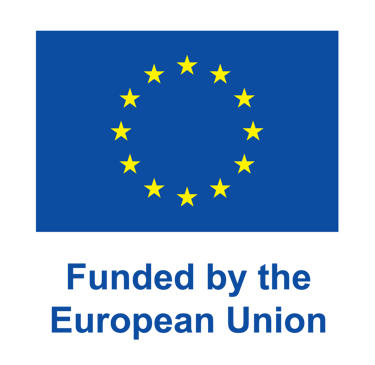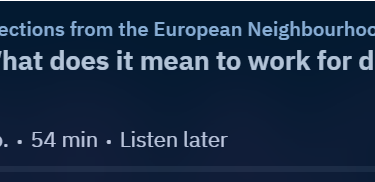EMBRACE
This page reflects the UESA activities with regard to the realization of the EMBRACE project
HORIZON EUROPE
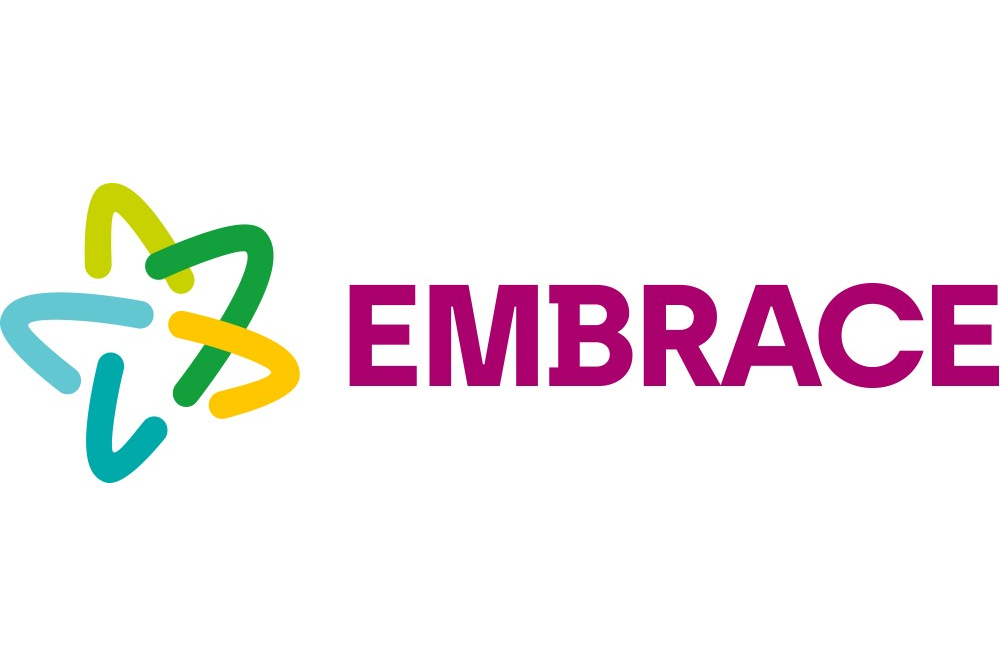

The HORIZON EUROPE project "Embracing change: Overcoming Blockages and Advancing Democracy in the European Neighbourhood” addresses the democratization issues in the countries neighbouring to the EU with a perspective to modernize the EU Democracy Support policies in the area.
Project team
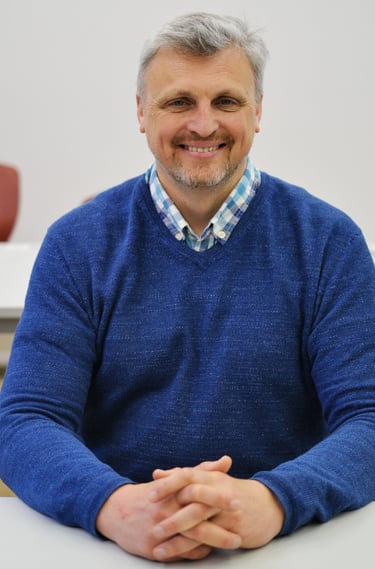

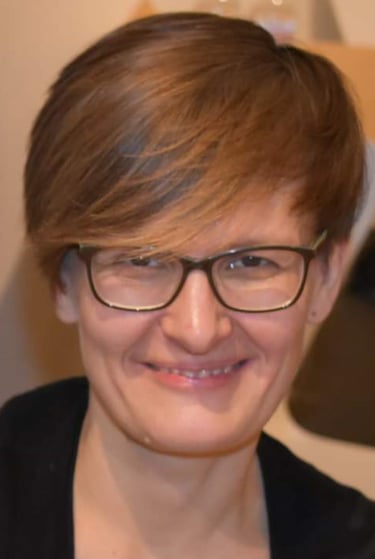

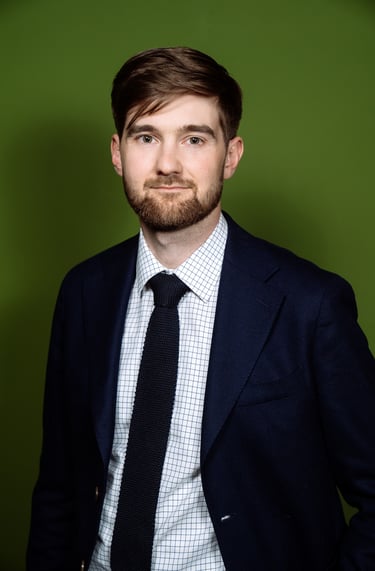

Roman Petrov, project coordinator, researcher
Tetiana Kyselova, researcher
Dr. Tetiana Kyselova, associate professor at the National University of Kyiv-Mohyla Academy, Department of International Relations; associate researcher (Mediation) at swisspeace/University of Basel; director and founder of the Mediation and Dialogue Research Center at Kyiv-Mohyla Academy. Dr. Kyselova holds a DPhil from the University of Oxford and a PhD from the Academy of Sciences of Ukraine. She was certified as a mediator by the Search for Common Ground and as a business mediator by the IHK Academy Munich and Upper Bavaria. She has been working with peacebuilding civil society and professional community of mediators in Ukraine since 1990s advising them on the strategies of peacebuilding, self-regulation, training, methodology of mediation and dialogue. She is currently an advisor to the peacebuilding network ‘Ukrainian Community of Dialogue Practitioners’. She has co-authored a Ukrainian Law on Mediation and served as an advisor to the Ministry of Reintegration of Temporality Occupied Territories of Ukraine and many international organizations. Her research interests include conflict resolution and transformation, peacebuilding, mediation and dialogue.
Dmytro Koval, researcher
Dmytro graduated from Odessa Law Academy. He holds a Ph.D. in international law. Dmytro was a research fellow at Stanford University, Central European University, Jagiellonian University, and the Graduate School for Social Research of the Polish Academy of Science. He gave visiting lectures at Yale University, Stanford University, Mississippi College, Universidad Mayor de San Andrés of Bolivia, Royal Academy of Belgium, Jagiellonian University, Universidad Panamericana, University of Zurich, etc.
Dmytro served as a member of the Ministry of Justice Expert Committee on International Humanitarian Law Implementation. He worked on IHL and IHRL issues in Armenia, Azerbaijan, Belarus, China, Georgia, Kazakhstan, Tajikistan, and Ukraine. He also advised the Council of Europe, the European Parliament, UNESCO, the Ukrainian Ministry of Foreign Affairs, the Ministry of Culture, the Prosecutor General’s Office, and Ukrainian MPs on different aspects of international law. Since 2021 Dmytro represents Ukraine in the UNESCO Protocol 1999 Committee. Dmytro is a member of the board of the 2022 Nobel Peace Prize winner Center for Civil Liberties. He is the UNESCO consultant who advises the organization on the implementation of The Hague Convention of 1954 and its Second Protocol of 1999.
Roman is the Jean Monnet Chair in EU Law at the National University of Kyiv-Mohyla Academy since 2010, Head of Jean Monnet Centre of Excellence in EU Studies at the National University of Kyiv-Mohyla Academy since 2011. Director of German Law Institute at the National University of Kyiv-Mohyla Academy since 2016. Lectured the very first Jean Monnet Module in EU law in Ukraine at the Donetsk National University in 2001. Prof. Dr. Roman Petrov obtained his PhD at the Queen Mary University of London (UK) under supervision of Prof. Marise Cremona. He conducted post-doctoral research as Max Weber Fellow at the European University Institute (Italy) and awarded research visiting fellowships at the University of Heidelberg (Germany) (Alexander von Humboldt research fellowship), the University of Oxford (UK), Ghent University (Belgium), Uppsala University (Sweden) and other international universities. He was a visiting professor and researcher at the University of Latvia in Riga (Latvia) and at Augsburg University (Germany), Foreign Chair at Ghent University (Belgium), UNA Chair in EU Studies at Bologna University (Italy), visiting professor at Bari University (Italy) and European Visiting Professor at Saarland University (Germany), research fellow at Max Planck Institute for Comparative Public Law and International Law in Heidelberg (Germany) and at British Institute of International and Comparative Law (UK). He is also the author of one of the first Ukrainian textbooks on EU Law. Prof. Dr. Petrov is active in publishing and international research. He is the founder and first elected President of the Ukrainian European Studies Association. Areas of Prof. Dr. Petrov’s research and teaching are: EU Law, EU External Relations Law; Approximation and Harmonisation of Legislation of Third Countries with the EU acquis; Legal Aspects of Regional Integration in the Post-Soviet Area. Prof. Dr. Petrov frequently provides consultancy to state institutions in Ukraine, including the Constitutional Court of Ukraine and Ministry of Justice. He is an expert in EU Law at the European Parliament and Secretariat of the Energy Community.
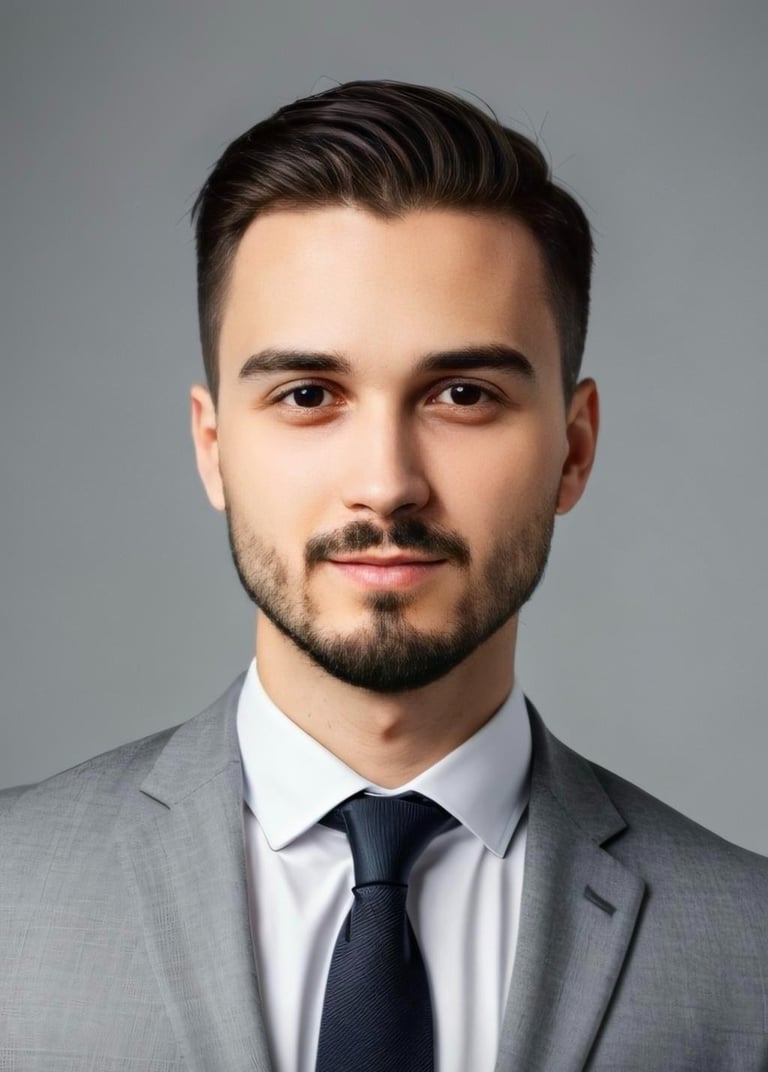

Andrii Latsyba, junior research fellow
Andrii Latsyba is a Ukrainian lawyer specializing in public international law. Andrii co-authored the report studying the impact of the Revolution of Dignity on judicial reform and the establishment of the NABU as part of the Embrace project. He is also a lawyer at Truth Hounds, an NGO that supports investigations into international crimes.
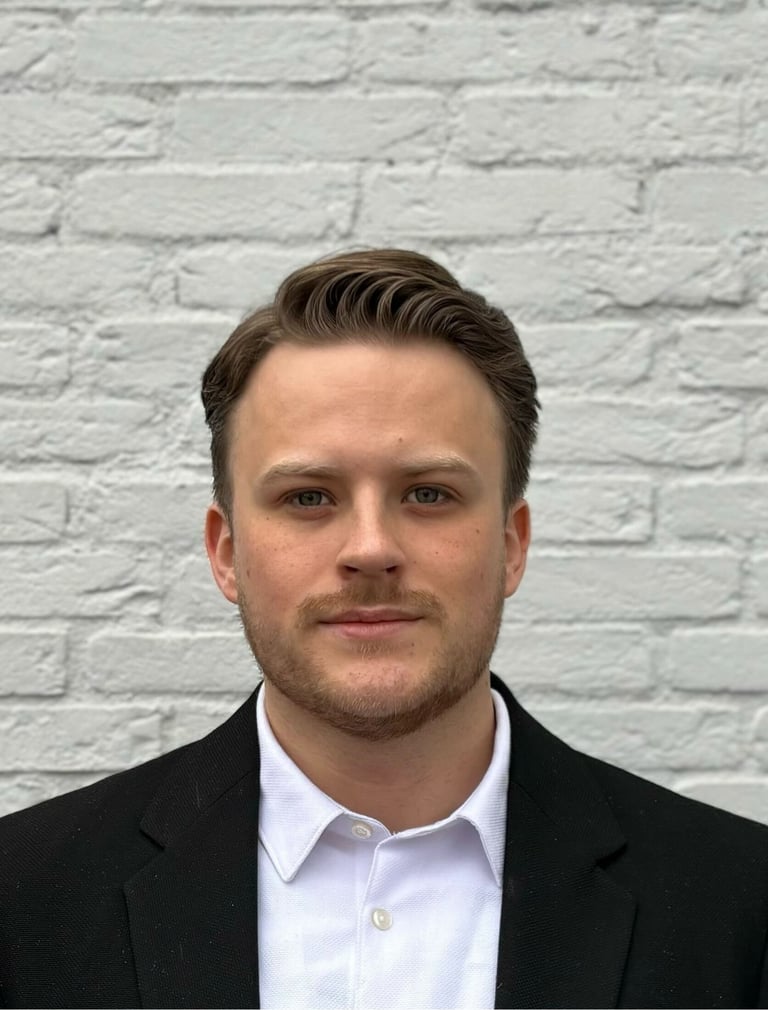

Oleksandr Sniadanko, researcher
Oleksandr obtained an LLB from Ivan Franko National University of Lviv (2017–2021) and an LLM from Ukrainian Catholic University (2021–2022). He has over six years of professional experience in international law, including work at an international law firm. Oleksandr served as Assistant Lecturer at Ukrainian Catholic University (2022–2023) and Project Assistant at the U.S. Embassy Kyiv (2022–2023). Currently, he is a Researcher at the Jean Monnet Centre of Excellence (NaUKMA), and a Researcher within Horizon Europe (Re-Engage) and Horizon 2020 (EMBRACE) projects.
Selected Publications
Kyselova, T. (2023). How to make civil society inclusion in inter-state peace mediation meaningful: Lessons from the Minsk Negotiation Process 2014-2021. Joint brief series: Improving Mediation Effectiveness. Stockholm: Folke Bernadotte Academy & ACCORD DOI: https://doi.org/10.61880/DAJQ2447
Kyselova, T., & Potomkina, Y. (2025). How Not to End the War in Ukraine: Past Failures Make Clear That an Imposed Peace Won’t Last, Foreign Affairs, 1 March 2025, https://www.foreignaffairs.com/russia/how-not-end-war-ukraine
Kyselova, T., & Landau, D. M. (2025). Ukrainian Visions of Peace: (Re-)Shaping Peace through Victory. International Negotiation, 30(1), 13-42. https://doi.org/10.1163/15718069-bja10111
Kyselova, T., & Landau, D. M. (2025). Rethinking Peace and Victory in Light of Russian Aggression in Ukraine. International Negotiation, 30(1), 1-11. https://doi.org/10.1163/15718069-bja10125
Petrov, R. (2024). All’s well that ends well: short story of Ukraine’s road towards European Union membership. Yearbook of European Law, 2024, https://doi.org/10.1093/yel/yeae002
Kyselova, T. (2024). Including Civil Society in Peace Negotiations: The War in the Ukraine Donbas Region (2014–21). Journal of Intervention and Statebuilding, 1–19. https://doi.org/10.1080/17502977.2024.2364309
Koval, D., & Latsyba, A., JUDICIAL REFORM IN UKRAINE IN THE TIMES OF POST-REVOLUTION OPENING AND THE LESSONS EU CAN LEARN
Koval, D., Shyrokykh, K., Busol, K., (2025). European Integration, and Democracy and Human Rights Reforms in Ukraine in the Wartime. In: Rabinovych, M., Pintsch, A. (eds) Ukraine’s Thorny Path to the EU. Palgrave Studies in European Union Politics. Palgrave Macmillan, Cham. https://doi.org/10.1007/978-3-031-69154-6_7
Koval, D., & and Latsyba, A., (2025). The Impact of the Revolution of Dignity on Reforms in Ukraine: Case Studies of Judicial Reform and the Establishment of the National Anti-Corruption Bureau. https://embrace-democracy.eu/embrace-policy-brief-05/
Forthcoming
Koval, D., & Latsyba, A., JUDICIAL REFORM IN UKRAINE IN THE TIMES OF POST-REVOLUTION OPENING AND THE LESSONS EU CAN LEARN
Activities 2025
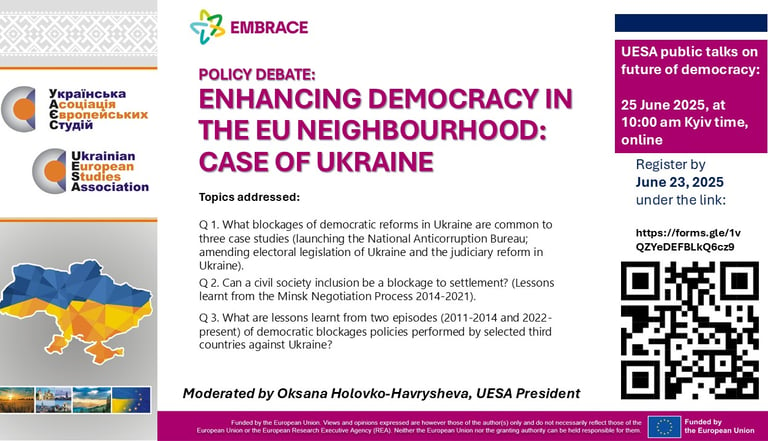

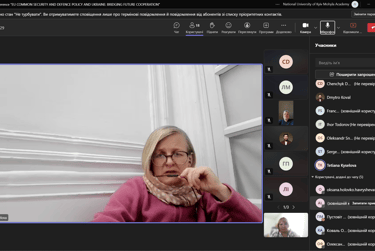

Discussing Democracy Promotion at the international conference "EU Common Security and Defence Policy and Ukraine: Bridging Future Cooperation", online, May 16, 2025
Within the framework of the international conference international conference "EU Common Security and Defence Policy and Ukraine: Bridging Future Cooperation", which took place on May 16, 2025 in the online format the UESA researcher team Dmytro Koval, Tetiana Kyseliova, Andrii Latsyba, Roman Petrov, and Oleksandr Sniadanko discussed the impact of the EU on the democratization process in Ukraine and presented their research findings, especially on the lessons learned from the Minsk agreements for the contemporaty peace negotiations, the impact of the NABU and judiciary reforms on the democratization discourse, and the impact of third states on the democracy development in Ukraine.
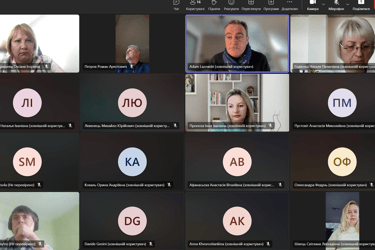

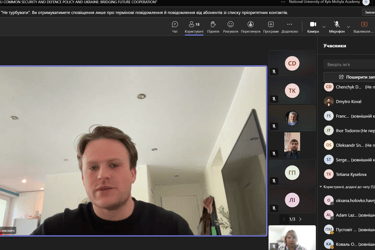

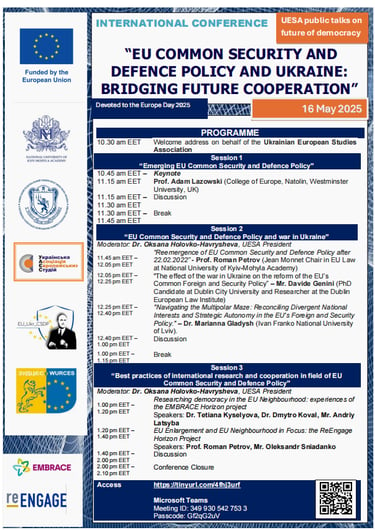

Policy Debate on Enhancing Democracy in the EU Neighbourhood, June 16, 2025
took place on June 25, 2025, took place online. The expert community discussed the research results gathered by the UESA team within the EMBRACE project. In the first presentation, Dr. Tetiana Kyseliova highlighted lessons learnt from the Minsk process concerning the inclusion of civic society representatives into the peace negotiations, stating the sensitive nature of such practices for the peace deal and peace deal implementation in the society. In the second presentation Dr. Dmytro Koval and the UESA young researcher Andrii Latsyba focused on cases of the judiciary reform and NABU creation as two case studies on enhancing democratic institutions in Ukraine to test the concepts of opening and blockages to the democratisation reforms in Ukraine, discussing NABU being described as the positive outcome after the revolutionary events in Ukraine and the judiciary reform being described as having rather mixed achievements with a tendency to failure. Dr. Roman Petrov addressed the involvement of external actors in the domestic scene as forces that were supporting the democracy development in the country or opposing the democratisation processes. The event was moderated by Dr. Oksana Holovko-Havrysheva, the UESA President.
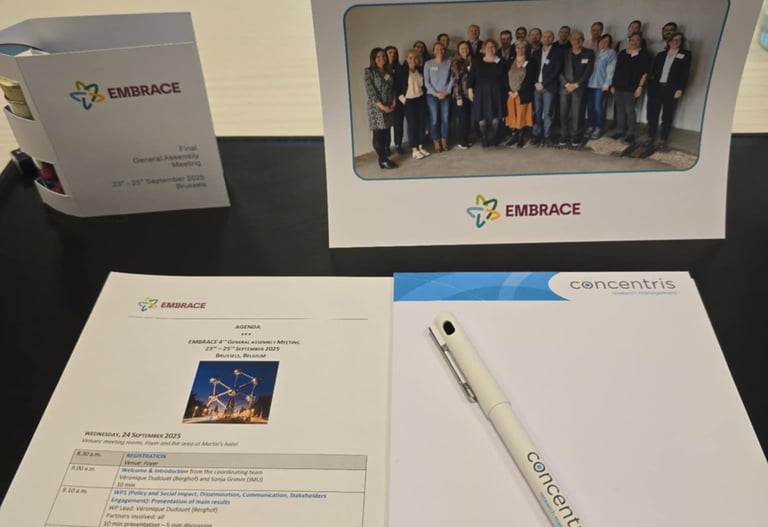

Final General Assembly, 23-24 September 2025
On 23-24 September 2025, the final conference of the EMBRACE project took place in Brussels, Belgium. Participants of the EMBRACE consortium met to discuss results and to present major findings of the project. On the first day of the event 2 thematic workshops took place (North Africa regional policy and EMBRACE scenario-building workshop). On the second day research teams of all 9 WPs presented results of their work and communicated them to representatives of expert community, sister projects and EU decision-makers. The overall results of the EMBRACE project were positively received and acknowledged by the participants and the beneficiaries.
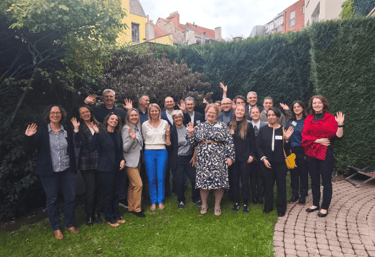

Activities 2024
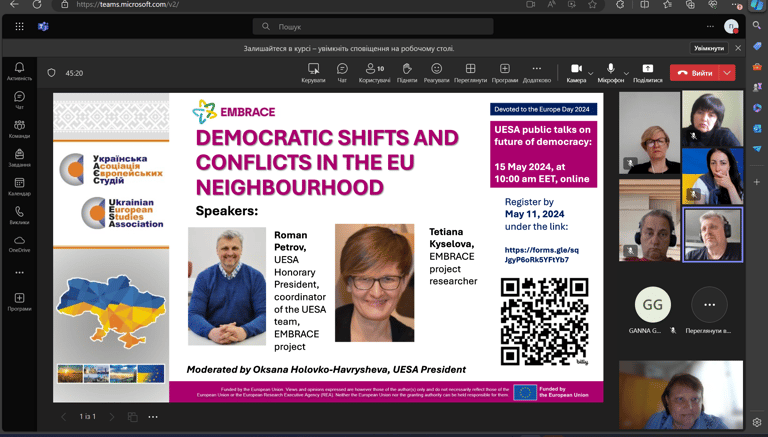

UESA Public Talks on Future of Democracy, online, Kyiv, May 15, 2024
Within the realization of the Horizon 2020 project “Embracing change: Overcoming Blockages and Advancing Democracy in the European Neighbourhood” the I UESA Public Talks on Future of Democracy took place with Roman Petrov (UESA Honorary President, project coordinator) and Tetiana Kyselova (EMBRACE project team member) under the moderation of the UESA President Oksana Holovko-Havrysheva. The event addressed the challenges for the democratization processes in Europe and worldwide with particular attention on Ukraine and future peace negotiations, based on the concept of the "peace through victory".
EMBRACE General Assembly, hybrid, Würzburg, July 10-12, 2024
Within the realization of the Horizon 2020 project “Embracing change: Overcoming Blockages and Advancing Democracy in the European Neighbourhood” Roman Petrov (UESA Honorary President, project coordinator) and Tetiana Kyselova (EMBRACE project team member) and Oksana Holovko-Havrysheva (UESA President) participated at the EMBRACE General Assembly, which was held at the University of Würzburg (Germany). The event focused on the progress in the project implementation and planning further steps.
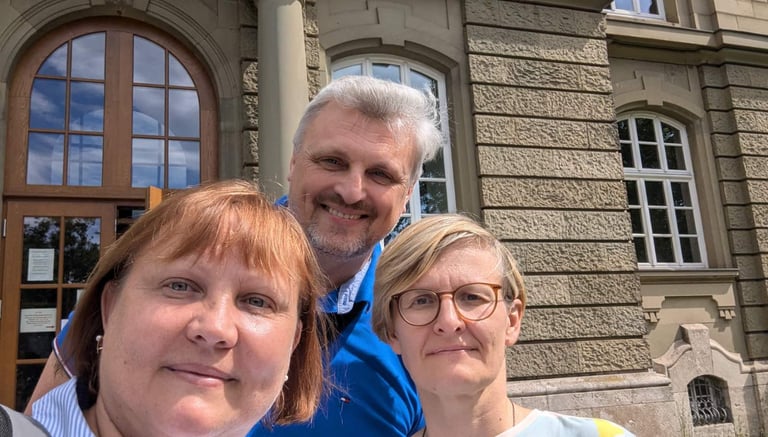

EMBRACE Regional Seminar, Kyiv, online, October 15, 2024
On 15 October 2024, the EMBRACE Regional Seminar took place in online format. During the seminar, such issues as blockages to democratization, conditions for overcoming them in the course of the EU Democracy Support Policy, and ways to increase the effectiveness of the EU Democratization Policy with particular focus on Eastern Neighbourhood countries - Armenia, Azerbaijan, Belarus, Georgia and Ukraine.
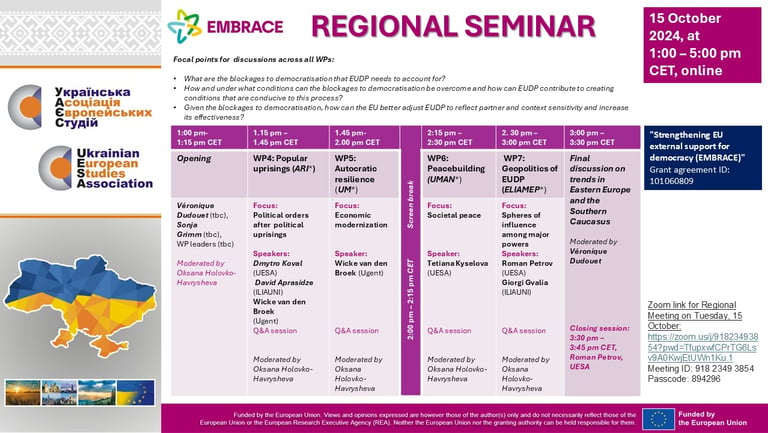

Annual Conflict Research Society Conference, Edinburgh, September 5-7, 2024
On 5-7 September, Dr. Tetiana Kyselova presented her paper "Ukrainian Visions of Peace: (Re-)Shaping Peace through Victory" at the Conflict Research Society annual conference in Edinburg, UK. The annual conference was titled "Global (De-)Fragmentation?
Consequences for Peace and Conflict Research and Practice" and focused diverse aspects of conflict and peace studies. The paper was co-authored by Dr Dana Landau of the swisspeace/University of Basel and was accepted for publication in the International Negotiations journal.
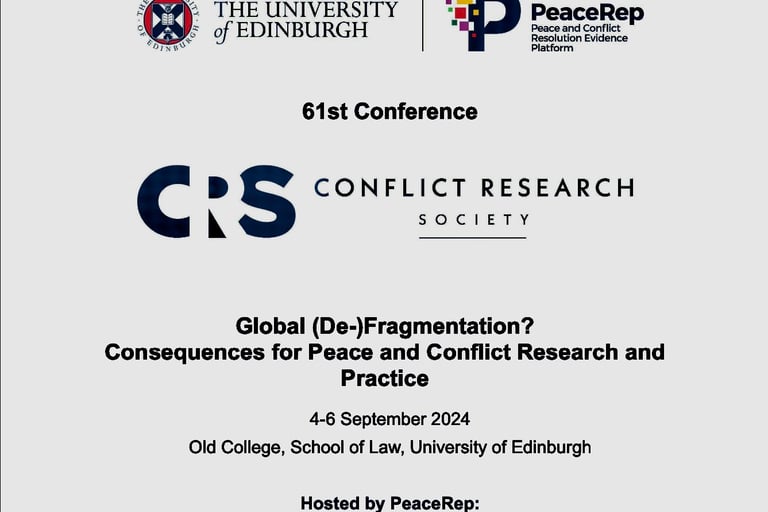

Second Stakeholder Committee Meeting, online, Kyiv, October 4, 2024
On 4 October 2024, after the fieldwork was completed, the second stakeholder committee meeting took place in the online format. During the event, the EMBRACE researchers Dmytro Koval and Tetyana Kyselova and the project coordinator Roman Petrov shortly presented their findings an der the WPs 4, 6 and 7 focusing on the episodes of openings and blockages for democracy development after uprisings, the impact key geopolitical actors on the EU Democracy Promotion Policy in Ukraine and the peace perspectives.
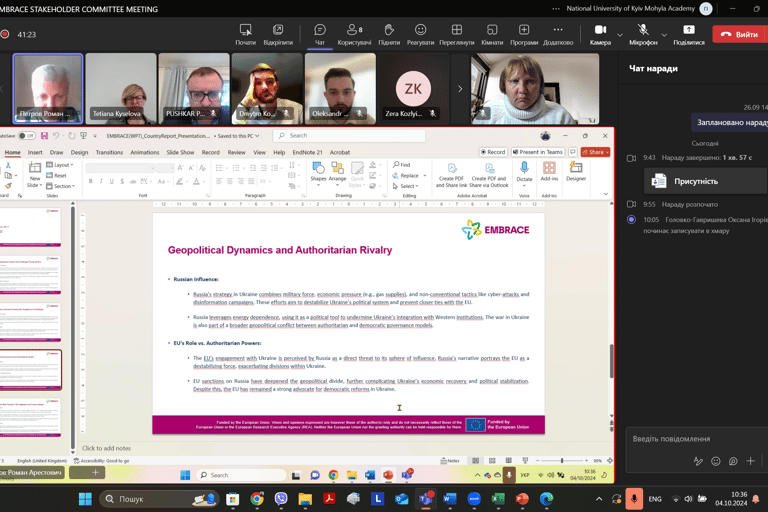

Special session on Democracy Research and Democracy Promotion within the Framework of the UESA Annual Congress 2024, hybrid, Uzhhorod, October 17, 2024
Within the realization of the Horizon 2020 project “Embracing change: Overcoming Blockages and Advancing Democracy in the European Neighbourhood” Roman Petrov (UESA Honorary President, project coordinator) and Dmytro Koval (National University "Kyiv Mohyla Academy", Ukraine) discussed in the special session of the UESA Congress 2024 the main idea of the EMBRACE project and addressed the main findings of their research dealing with democracy blockages and openings in the Eastern Neighbourhood.
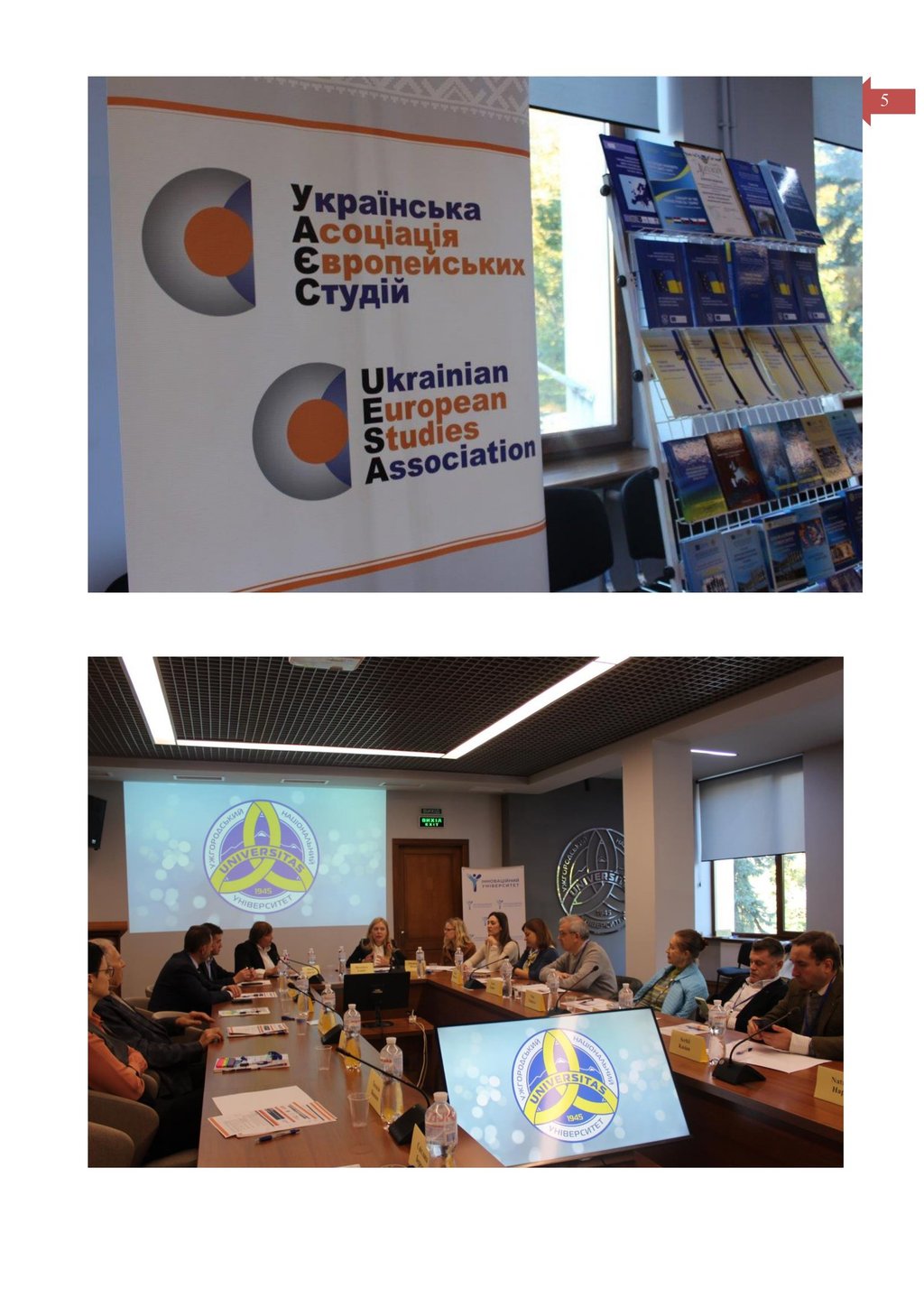

Activities 2023
Special session on Democracy Research and Democracy Promotion within the Framework of the UESA Annual Congress 2023, online, Kyiv, October 26, 2023
Within the realization of the Horizon 2020 project “Embracing change: Overcoming Blockages and Advancing Democracy in the European Neighbourhood” Roman Petrov (UESA Honorary President, project coordinator) and Karina Shyrokykh (Stokholm University, Sweden) presented in the special session of the UESA Congress 2023 the main idea of the EMBRACE project and addressed the peculiarities of the democracy research in the times of turbulencies on international arena. The participants commented on contemporary challenges for the democratization processes in Europe and worldwide.
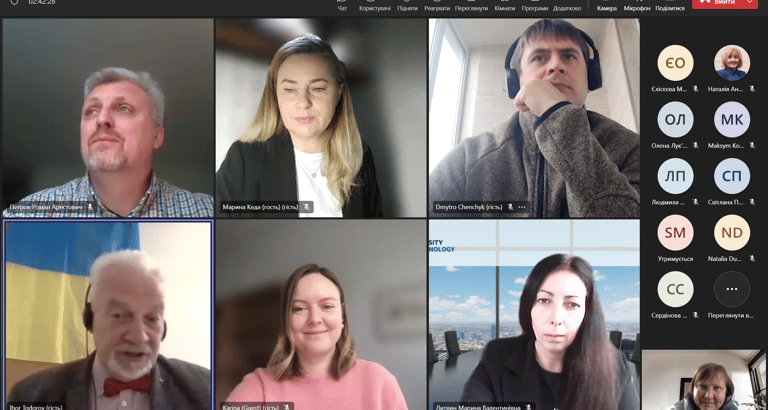

Conferece "Rethinking Critical Peace and Conflict Studies in a Multipolar World Order", Manchester, September 14-14, 2023
On 14-15 September 2023, Tetiana Kyselova took part in the Conference "Rethinking Critical Peace and Conflict Studies in a Multipolar World Order" held at Manchester University at the invitation of the head of the EMBRACE project WP6, Dr. Sandra Pogodda. Dr Kyselova presented "Adaptive Peacebuilding for Sustainable Peace in the Context of the Wars of Aggression" and received a positive feedback from the colleagues.
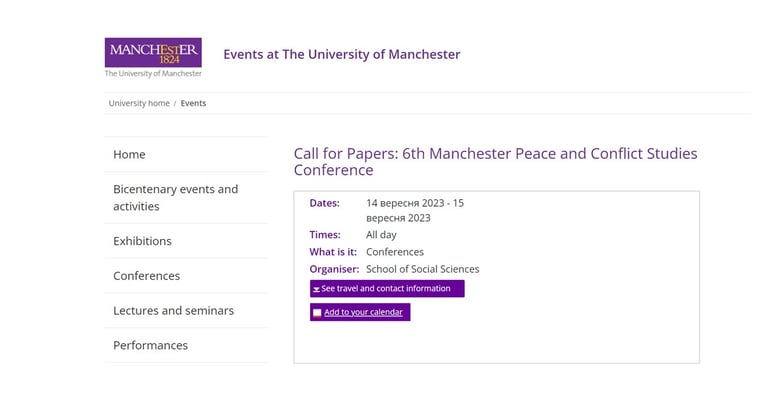

Stakeholder Comittee Meeting, online, Kyiv, June 20, 2023
Within the realization of the Horizon 2020 project “Embracing change: Overcoming Blockages and Advancing Democracy in the European Neighbourhood” the stakeholder committee meeting took place in the online format on June 20, 2023. During the meeting Oksana Holovko-Havrysheva, UESA President presented the main objective and tasks of the project as well as the role of the UESA in the project realization, especially focusing on the research to be conducted within the WP4, WP6 and WP 7. Dmytro Koval, leading researcher in the WP4 presented the research methodology on popular uprisings and democracy shifts in the case of Ukraine; Tetiana Kyseliova addressed the main features of the WP 6 dealing with peace and war linkage to the democracy shifts and Roman Petrov focused on geopolitics of the EUDP covering the impact of superpowers on the democratization processes in Ukraine before the war and in the wartime.
The participants commented on the content of the field work and methodology used to work in the relevant workpackages.
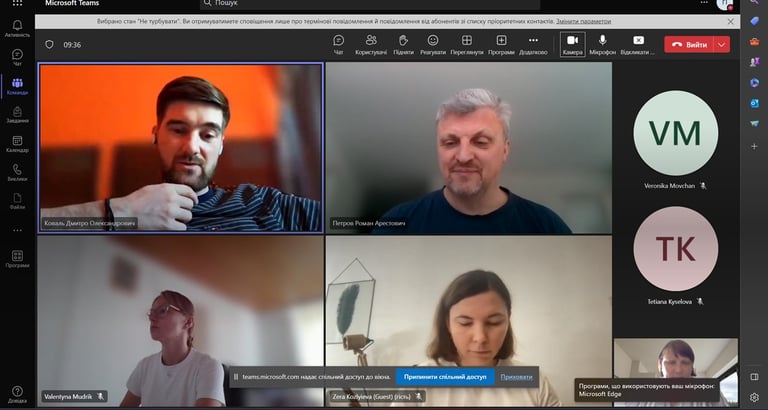

EMBRACE Methodology Workshop, Konstanz, April 26-28, 2023
The UESA President Oksana Holovko-Havrysheva took part at the EMBRACE Metodology Workshop, which took place in Konstanz (Germany). The methodology approaches were presented by the work package leaders, as well as the further steps in conducting the research program were discussed, including the professional skills development program for team members.
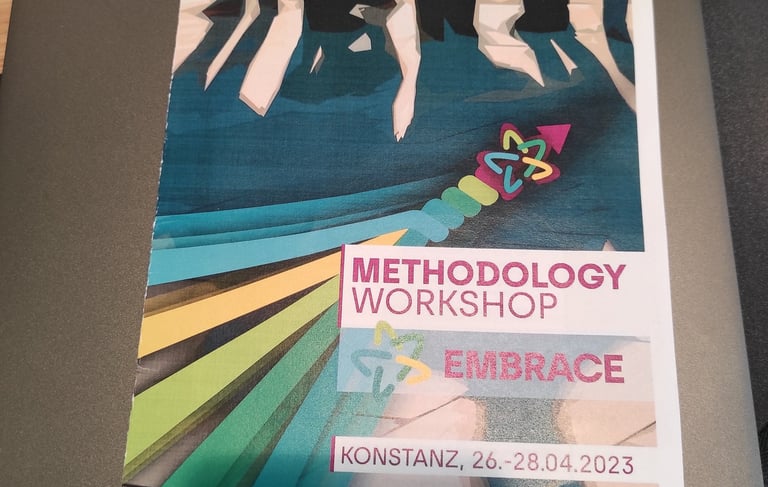

Activities 2022
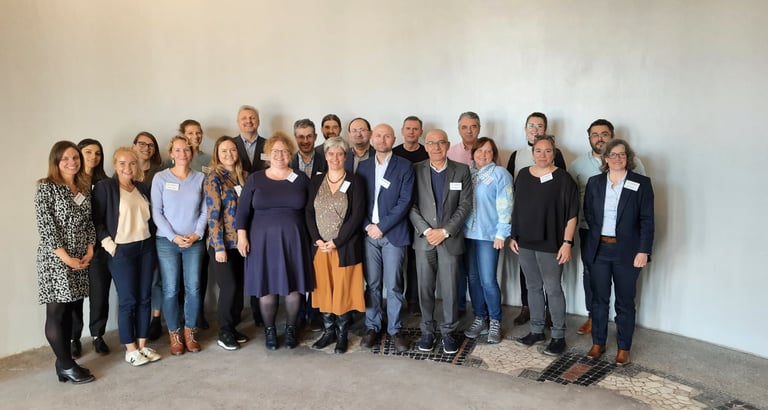

EMBRACE Kick-Off Meeting, Berlin, 19-21 October 2022
During October 19-21, 2022 the kick-off meeting for the Horizon 2020 project “Embracing change: Overcoming Blockages and Advancing Democracy in the European Neighbourhood” was organized by the project coordinator, the Berghof Foundation and held in Berlin. During the event the consortium members uniting representatives from 12 countries Eastern Europe, Southern Caucasus, Western Balkans, Northern Africa and the Middle East. The team discussed the project implementation, the milestones and deliverables of this project, as well as planned the forthcoming activities.
Horizon Europe project "Strengthening EU external support for democracy (EMBRACE)"
The Horizon Europe project “Strengthening EU external support for democracy (EMBRACE)” has been funded with the support from the European Commission. The website information reflects the views only of the authors and the Commission cannot be held responsible for any use of the information which may be made of the information contained therein.
Use of website materials, reposting and dissemination are only for the free of charge usage with obligatory reference to the source website: Ukrainian European Studies Association, uesa.info.
